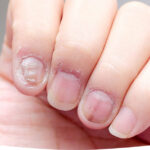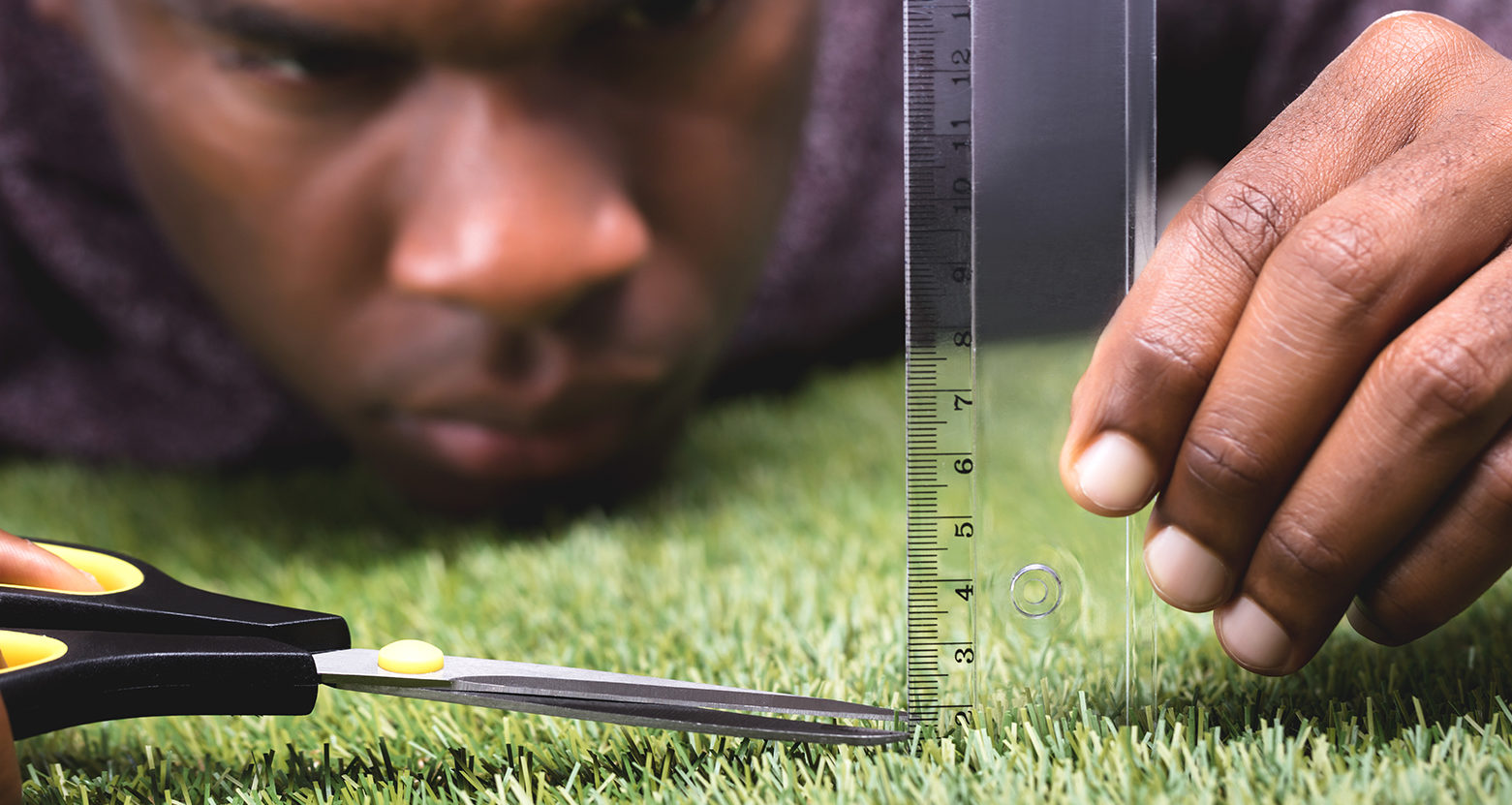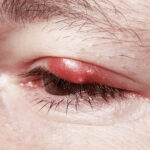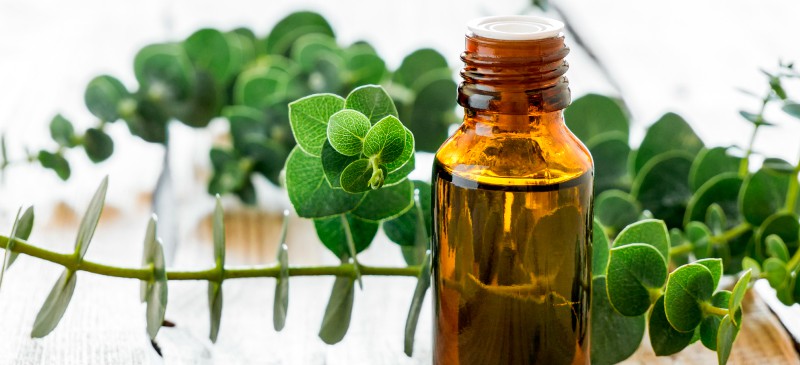Understanding Hair Fall Problems
Hair fall problems are more than just a cosmetic concern; it can have a significant impact on our emotional well-being. We explore the emotional and psychological effects of hair fall, emphasizing the importance of addressing the issue from a holistic perspective.
The Basics of Hair Growth
To understand hair fall, we must first grasp the fundamentals of hair anatomy and the natural hair growth cycle. We take a closer look at the three phases of hair growth and the intricate mechanisms involved.
Common Causes of Hair Fall
Hormonal Havoc: Unraveling Hormonal Imbalances
Hormonal imbalances, such as those experienced during pregnancy, menopause, or certain medical conditions, can contribute to hair fall. We delve into the hormonal factors that influence hair health and explore strategies to address these imbalances.
Nutritional Deficiencies: Feeding Your Follicles
A lack of essential nutrients can take a toll on the health of your hair. We discuss key vitamins, minerals, and proteins that play a vital role in hair growth and offer dietary recommendations to promote optimal hair health.
Stress and Hair Fall: The Mind-Body Connection
Stress can wreak havoc on our overall well-being, including the health of our hair. We explore the link between stress and hair fall, providing practical tips to manage stress levels and mitigate its impact on our locks.
Styling and Heat Damage: Taming Your Tresses with Care
Excessive heat styling, chemical treatments, and improper hair care practices can lead to hair damage and breakage. We share insights on proper hair care techniques, protective styling, and the importance of choosing gentle hair products.
Combating Hair Fall Problems
Nourishing from Within: A Healthy Hair Diet
A balanced diet rich in essential nutrients is key to promoting healthy hair growth. We provide a list of hair-friendly foods and recipes that can help nourish your hair from the inside out.
Topical Treatments: Fortifying Your Follicles
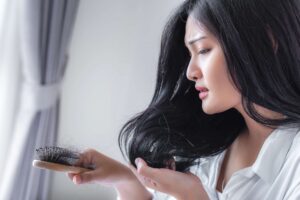
From natural remedies to scientifically formulated products, we explore various topical treatments that can strengthen hair follicles, reduce hair fall, and promote regrowth. We highlight key ingredients and DIY recipes for effective hair care.
Lifestyle Modifications: Embracing Healthy Hair Habits
Small lifestyle changes can make a big difference in combating hair fall. We discuss the importance of regular exercise, proper sleep, stress management techniques, and maintaining a healthy scalp environment.
Here are some insights and tips to combat hair fall problems
Maintain a Nutrient-Rich Diet: A well-balanced diet rich in vitamins, minerals, and proteins is crucial for healthy hair growth. Include foods such as leafy greens, fruits, lean proteins, nuts, and seeds in your daily meals to provide essential nutrients to your hair follicles.
Be Gentle with Your Hair: Avoid harsh brushing, excessive heat styling, and tight hairstyles that can cause hair breakage and damage. Opt for wide-toothed combs, gentle hair ties, and minimize the use of heat styling tools. Handle your hair with care to prevent unnecessary stress on the strands.
Keep Your Scalp Clean: A clean and healthy scalp is vital for optimal hair growth. Regularly shampoo and condition your hair to keep the scalp free from dirt, excess oil, and product buildup. Choose gentle, sulfate-free shampoos and avoid over-washing, as it can strip the natural oils from your hair and scalp.
Minimize Chemical Treatments: Chemical treatments such as perming, straightening, and coloring can weaken the hair shaft and contribute to hair fall. If possible, limit the use of harsh chemicals or opt for natural alternatives. If you must undergo chemical treatments, ensure they are done by professionals using quality products.
Avoid Excessive Heat: High temperatures from blow dryers, curling irons, and straighteners can damage your hair and lead to breakage. Whenever possible, let your hair air dry or use the lowest heat setting on styling tools. Apply a heat protectant spray before using heat styling tools to minimize damage.
Manage Stress Levels: Chronic stress can contribute to hair fall. Practice stress management techniques such as meditation, deep breathing exercises, yoga, or engaging in hobbies and activities that help you relax. Adequate sleep and regular exercise also play a crucial role in managing stress levels.
Be Mindful of Your Hair Products: Choose hair products that are suitable for your hair type and free from harsh chemicals. Look for shampoos and conditioners that promote hair strength and growth. Avoid products containing sulfates, parabens, and alcohol, as they can dry out your hair and scalp.
Use Natural Remedies: Some natural remedies have shown potential in reducing hair fall. Consider using ingredients like aloe vera, onion juice, coconut oil, and castor oil, which have nourishing properties and can help improve hair health.
However, it’s important to remember that individual results may vary, and consulting a professional is advisable.
Regular Scalp Massages: Massaging your scalp stimulates blood flow to the hair follicles and promotes hair growth. Use your fingertips to gently massage your scalp in circular motions for a few minutes daily. You can also use essential oils like lavender, rosemary, or peppermint oil diluted in a carrier oil for added benefits.
Seek Professional Advice: If you’re experiencing severe or persistent hair fall, it’s essential to consult a dermatologist or trichologist. They can evaluate your condition, identify any underlying causes, and provide personalized treatment options or recommend specialized hair care products.
Remember, consistency and patience are key when combating hair fall problems. It may take time to see noticeable improvements, but with the right care and lifestyle adjustments, you can achieve healthier and stronger hair.
Seeking Professional Help
Consulting a Trichologist: When to Seek Expert Advice
If hair fall persists despite your best efforts, it may be beneficial to consult a trichologist—a hair and scalp specialist. We explore the role of trichologists, their diagnostic methods, and available treatment options.
Advanced Hair Fall Treatments: Exploring Cutting-Edge Solutions
In some cases, advanced hair fall treatments may be necessary to address severe or persistent hair loss. We shed light on innovative procedures such as platelet-rich plasma (PRP) therapy, low-level laser therapy (LLLT), and hair transplant surgery. We discuss their effectiveness, potential risks, and considerations for those considering these options.
Embracing Confidence and Self-Care
Acceptance and Self-Love: Redefining Beauty Standards
Hair fall can challenge our perception of beauty and self-worth. We emphasize the importance of embracing self-acceptance, challenging societal beauty standards, and finding beauty in our unique journey.
Styling Tips and Tricks: Flaunting Your Fabulous Hair
Even with hair fall concerns, there are numerous styling techniques and accessories that can help you feel confident and showcase your hair in its best light. We share styling tips, haircuts, and accessories to help you embrace your unique style.
Conclusion:
Hair fall problems can be disheartening, but with the right knowledge and proactive steps, you can regain control and nurture your hair back to health. By understanding the causes of hair fall, adopting a holistic approach to hair care, and seeking professional guidance when needed, you can overcome this common challenge. Remember, healthy and vibrant hair is within your reach.
Embrace the journey towards stronger, fuller, and more resilient locks. Let your hair be a reflection of your inner vitality and beauty.
Remember, every individual’s hair fall concerns may be unique, and it’s essential to consult a healthcare professional or dermatologist for personalized advice and guidance.
Disclaimer:
The information provided in this article is for educational purposes only and should not be considered as medical advice. Please consult with a healthcare professional for diagnosis, treatment, and personalized recommendations for your specific hair fall concerns.
Remember, you are not alone in this journey. Together, we can conquer hair fall problems and celebrate the beauty of healthy, luscious locks.
Health Benefits of Blueberries

A graduate of Computer Science and Information Management Technology. Diploma – Caregiving, Certificates – Dementia and Diabetes Awareness and Management. A researcher, blogger, songwriter, singer and acoustic guitarist. Born in an environment where natural talents such as healing are imparted at our natural birth. This natural talents of healing is the result of our genetic inheritance and the training from family environment.








